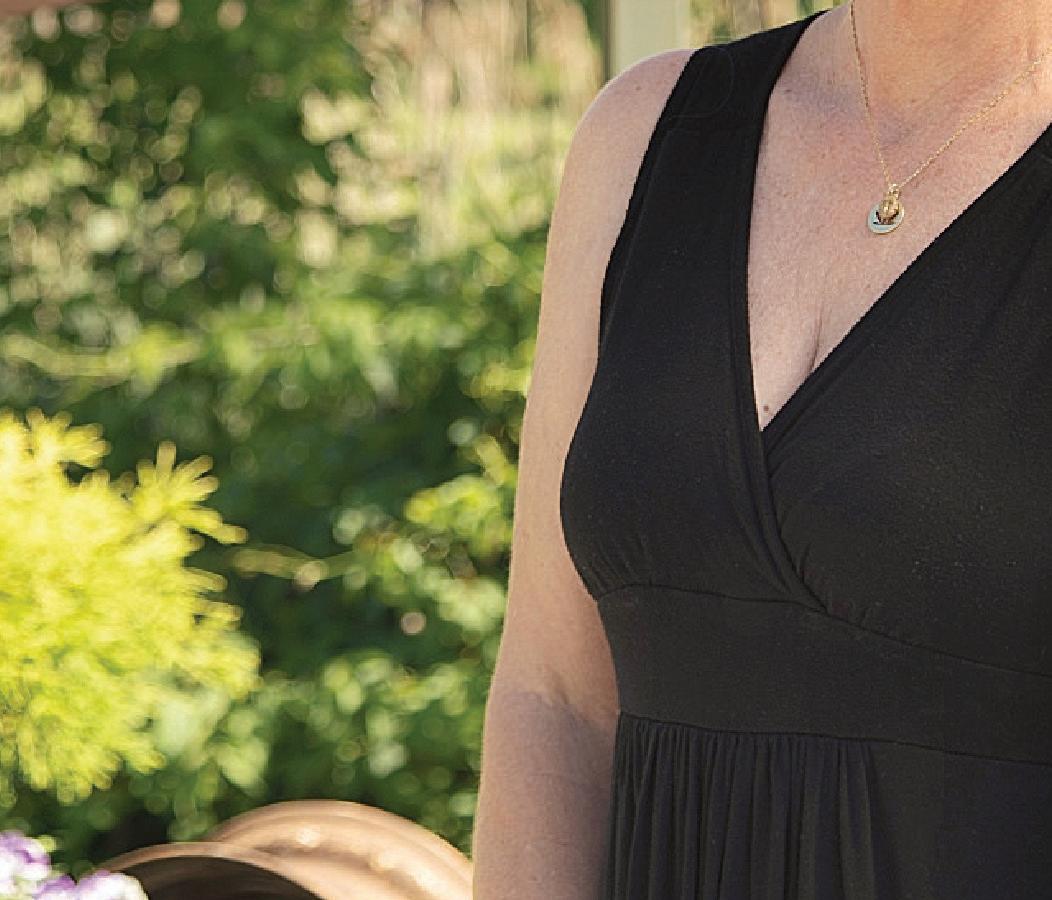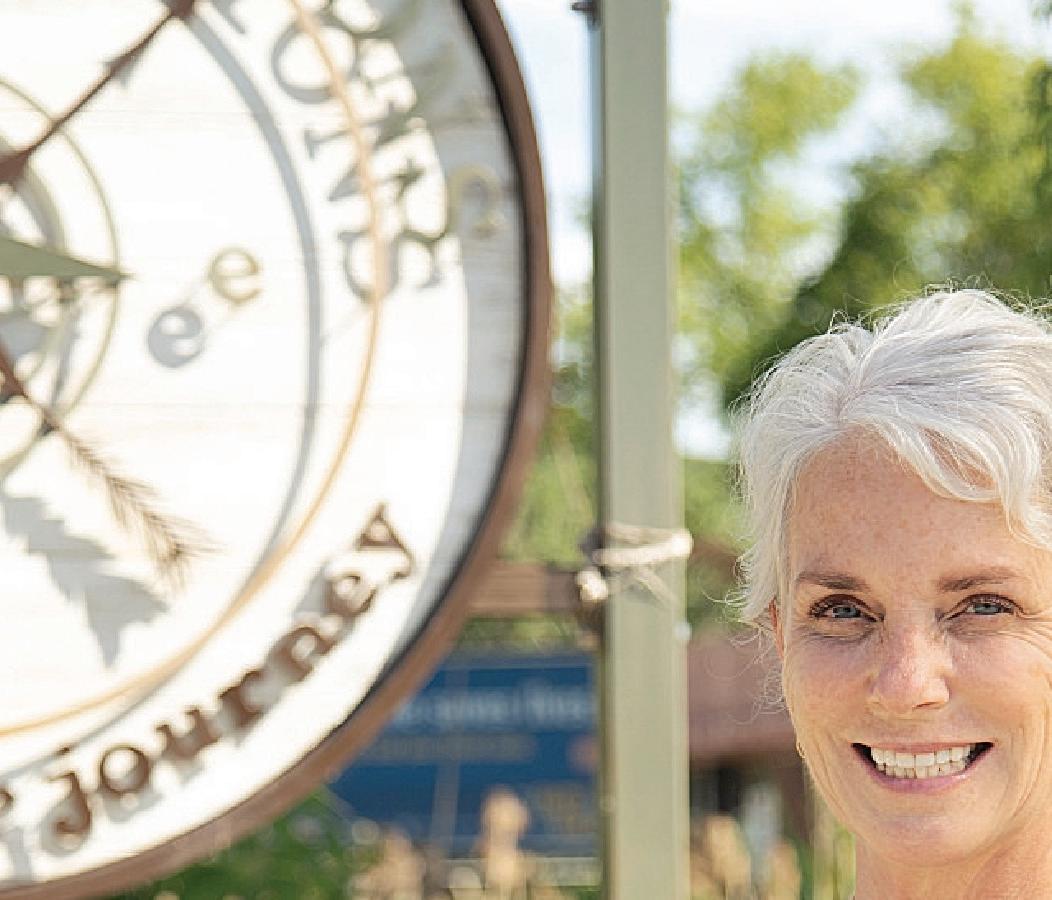
1 minute read
Cannabis market correction
The
BY JIM T HERRIEN PITTSFIELD
The cannabis industry remains strong in Berkshire County, but there are signs a market correction is on the way — one that that could force some businesses to close, revamp their operations or seek to merge or sell to a stronger company.
That is the general consensus among several local operators who commented on the state of cannabis business here after four years of growth. Of course, that expansion occurred with Massachusetts essentially alone in the region offering legal recreational cannabis.
The looming factor today is that neighboring states, like Vermont, New York and Connecticut, are ramping up their cannabis industries, but that really isn’t the most pressing reality signaling a downturn, Berkshire operators said.

Meg Sanders, CEO and co-owner of Canna Provisions in Lee said oversupply in terms of dispensaries and production capacity is more of an obstacle for those launching a new business than the emerging state markets.

Those factors make it “really, really challenging” for a start-up, she said, and Sanders believes 2023 could to be “a washout year” for some businesses.
Companies across the state find themselves struggling — along with the state itself in terms of overestimated cannabis tax revenue — and “all are learning a lesson” as the industry matures, she said. It is a process Sanders said she’s witnessed before.

Having been in the business since 2009 in Colorado, and having consulted in the industry nationally, Sanders said she and co-owner Erik Williams “came into Mas- sachusetts with an understanding of the potential of what the market might do. We anticipated the possibility of oversup- ply and way too many stores.

“And I know this for a fact: I wouldn’t want to be opening a cultivation or a retail dispensary right now,” Sanders said. “It would be exponentially more expensive and harder to do that.”
Nate Girard, co-owner of Bloom Brothers in Pittsfield, said his dispensary has benefited from this state’s early start, attributing 60 to 65 percent of his sales to customers coming from New York.

That has begun to change as New York dispensaries open, but there are mitigating factors as well, he said, including the lure of the Berkshires as a tourist destination where visitors come for more than just cannabis.

Massachusetts also now has a well-developed cultivation and product manufacturing sector, providing lower prices and wider selection due to competition, he said, while New York is expected to take several years to reach that point.
For instance, there were fewer than 30 cultivation operations in the state when recreational cannabis dispensaries were rolling out, compared to well over 200 today. Price competition was a factor in lowering costs, operators said, and also in expanding product options.









